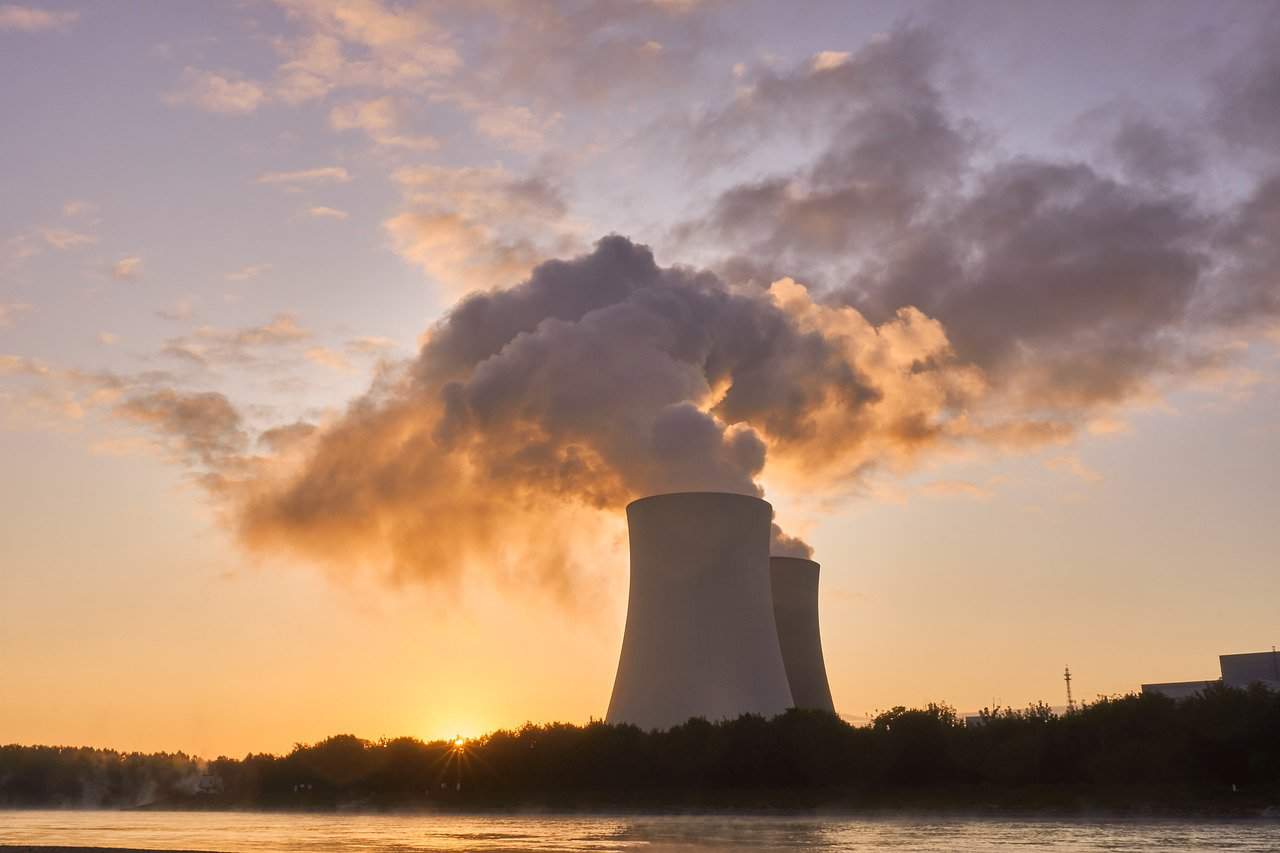In a significant move towards energy diversification and decarbonization, the president of El Salvador, Nayib Bukele, has started the process to gain approval from the International Atomic Energy Agency (IAEA) for the use of nuclear energy in the country. The government’s decision to explore nuclear power as an alternative energy source was announced on Friday, marking a new chapter in El Salvador’s energy landscape.
The request to the IAEA was made through the General Directorate of Energy, Hydrocarbons, and Mines (DGHM), a government entity responsible for overseeing the nation’s energy sector. The DGHM submitted a set of legal instruments to the international agency, which would allow El Salvador to implement the safe use of nuclear energy within its borders. This action demonstrates the government’s commitment to adhering to international standards and best practices in the development of its nuclear energy program.
President Bukele took to social media to announce the move, declaring on the platform X (formerly known as Twitter) that “El Salvador is going nuclear.” This bold statement underscores the administration’s determination to embrace nuclear power as a means to address the country’s energy needs and combat climate change.
The documents submitted by El Salvador were received in Vienna by Rafael Mariano Grossi, the Director General of the IAEA. Among the legal instruments delivered were an Agreement on Privileges and Immunities of the IAEA, which had been approved earlier this year by the country’s Legislative Assembly. Additionally, El Salvador signed the Convention on Nuclear Safety and the Vienna Convention on Civil Liability for Nuclear Damage, demonstrating its commitment to ensuring the safe and responsible use of nuclear technology.
By initiating this process with the IAEA, the Salvadoran government aims to secure the right to have a vote within the international organization and to receive support for the development of safe nuclear energy projects.
This support could prove invaluable as the country navigates the complex process of establishing a nuclear energy program, which requires significant technical expertise and financial resources.
The pursuit of nuclear energy is seen as a crucial step in El Salvador’s efforts to diversify its energy matrix and reduce its reliance on fossil fuels. The country has set ambitious targets for decarbonization, and the incorporation of nuclear power into its energy mix could play a significant role in achieving these goals. By harnessing the potential of nuclear energy, El Salvador hopes to enhance its energy security, reduce greenhouse gas emissions, and contribute to the global fight against climate change.
As El Salvador starts down this new path towards nuclear energy, it will be of the upmost importance for the government to engage in transparent and inclusive dialogue with its citizens, addressing any concerns and ensuring public support for the initiative. The successful implementation of a nuclear energy program will require not only technical and financial resources but also the trust and backing of the Salvadoran people.
With the support of the IAEA and a commitment to safety and responsibility, El Salvador has the potential to become, along with Costa Rica, a regional leader in the development of clean and sustainable energy solutions.






